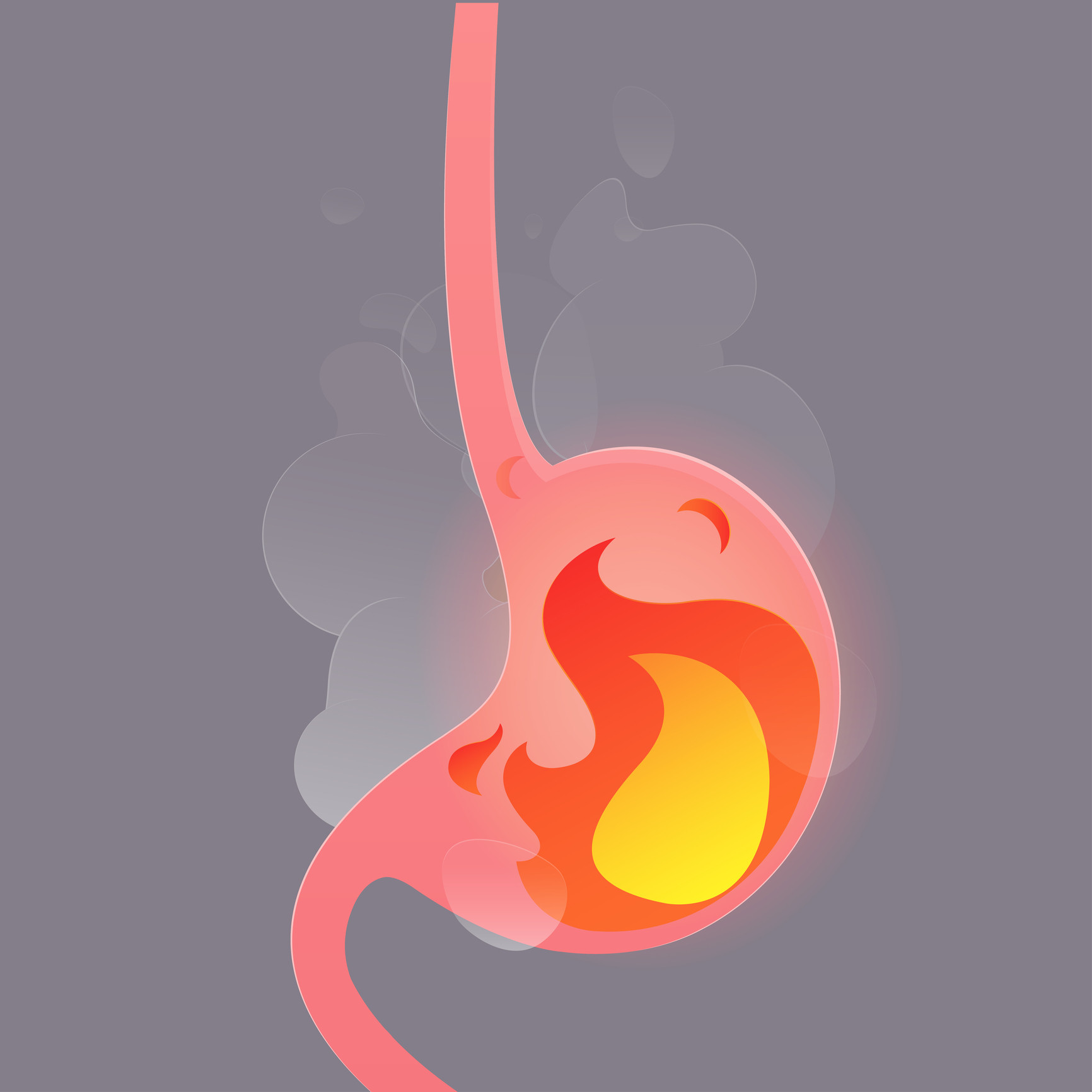
Driving with arthritis pain: Stay comfortable — and safe — behind the wheel

Daily cup of coffee may prevent afib recurrence

Gene-editing therapy lowers harmful blood fats in early study

What is EMDR therapy, and who can it help?

GLP-1 drugs versus bariatric surgery for treating obesity

Two dumbbells, three exercises, and 10 minutes

Easing the emotional burden of IBS

Modify your push-ups to meet your fitness level

What is long QT syndrome?

Stroke survivors may benefit from very low LDL levels
Alternative & Integrative Health Archive
Articles
Digestive enzyme supplements for heartburn?
A digestive enzyme supplement can be helpful for people who have difficulty digesting certain foods, but taking one to treat a condition such as heartburn may or may not provide any relief.
U.S. adults like integrative medicine, but few discuss it with their doctors
A 2022 poll found that two-thirds of Americans ages 50 to 80 use integrative medicine, but many don't talk to their doctor about it. Respondents used massage, yoga, meditation, and other integrative techniques to address physical and mental health conditions.
Does cannabis actually relieve pain — or is something else going on?
Treating pain is the most common reason offered by the millions of Americans who use products that contain cannabinoids. However, there's good evidence that a placebo provides very similar pain relief. But why?
Drug-free solutions for pain
Relying on pain pills for persistent aches, pains, and soreness can come with side effects and increase the risk of drug dependency. A solution is to try any of several available drug-free therapies to help manage and even treat common types of pain, such as physical and massage therapy, yoga, acupuncture, and therapies that help change your perception and reaction to pain.
Apple cider vinegar... for heartburn?
There is a lot of anecdotal information about people using apple cider vinegar to treat heartburn, but no published research examining the validity of it.
Overeating? Mindfulness exercises may help
It's possible to overeat and not even realize it until you've finished a meal and doing so does not mean you have an eating problem or disorder. Mindfulness exercises can help you slow down and enjoy eating, making it easier to avoid overeating.

Driving with arthritis pain: Stay comfortable — and safe — behind the wheel

Daily cup of coffee may prevent afib recurrence

Gene-editing therapy lowers harmful blood fats in early study

What is EMDR therapy, and who can it help?

GLP-1 drugs versus bariatric surgery for treating obesity

Two dumbbells, three exercises, and 10 minutes

Easing the emotional burden of IBS

Modify your push-ups to meet your fitness level

What is long QT syndrome?

Stroke survivors may benefit from very low LDL levels
Free Healthbeat Signup
Get the latest in health news delivered to your inbox!
Sign Up











